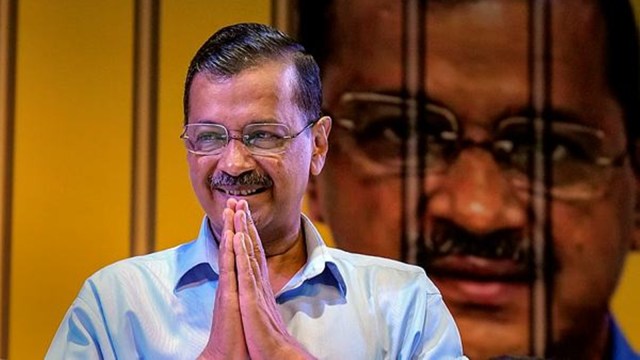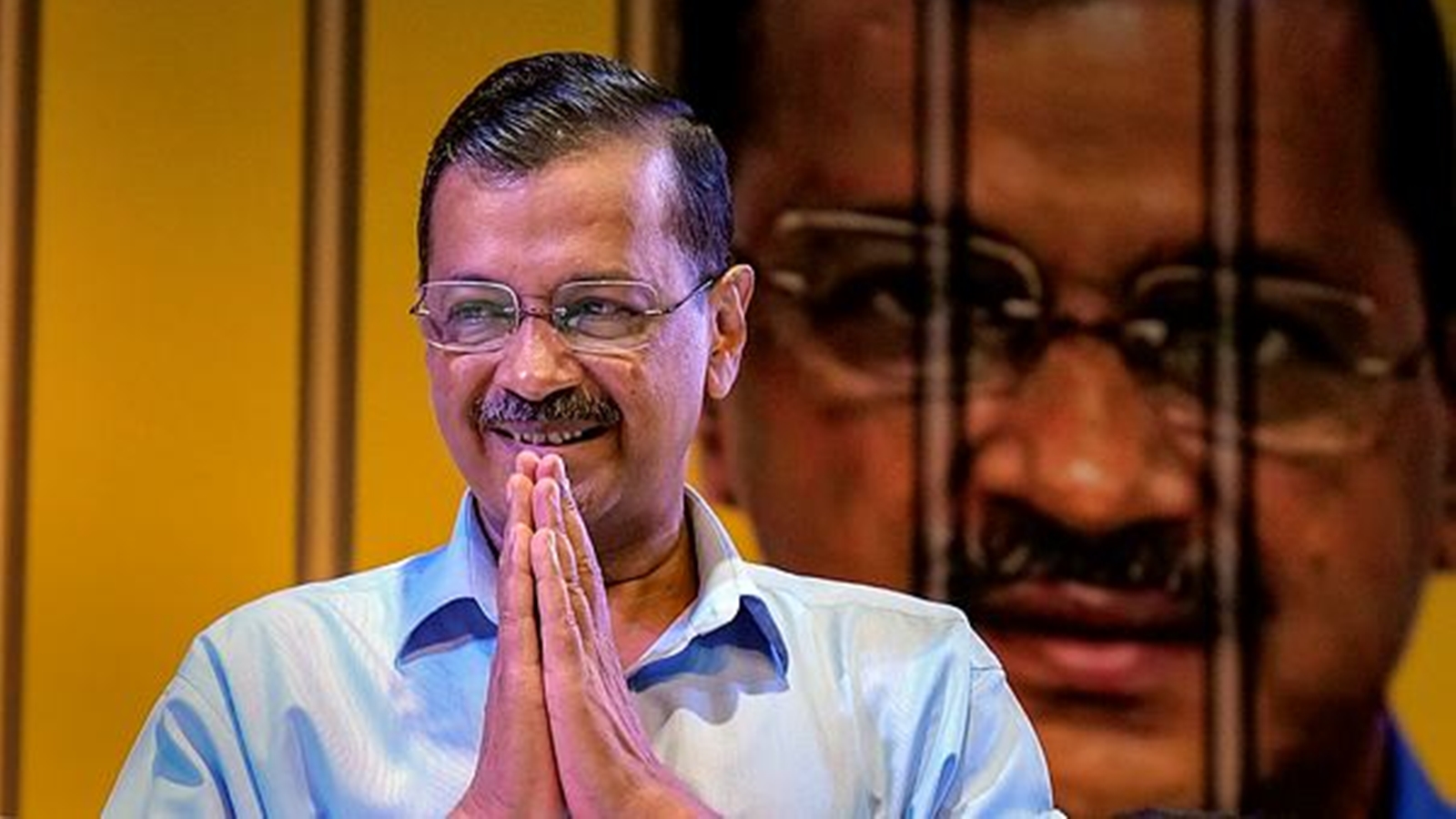
After much shuttling between the trial court, Delhi High Court and the Supreme Court, Delhi Chief Minister Arvind Kejriwal has finally got bail after an apex court order of August 13. What is of significance is the difference of opinion between the two judges on the bench on the bail conditions imposed on him.
Earlier, another two-judge bench of the Supreme Court had granted bail to Kejriwal in a money laundering case registered against him by the Enforcement Directorate. The bail order, however, imposed several conditions on him. Two of those have become quite controversial. The first is that he shall neither visit the office of the Chief Minister nor the Delhi Secretariat, while the second is that he shall not sign official files “unless it is required and necessary for obtaining clearance/approval of the Lieutenant Governor”. While Justice Surya Kant, the presiding judge did not find anything wrong in these conditions and accordingly applied them mutatis mutandis to the order passed on August 13, Justice Ujjal Bhuyan expressed his strong reservations.
However, he has not dissented because of respect towards what he has called “judicial discipline and propriety”, since those conditions were imposed by another two-judge bench.
The effect of the order is that Kejriwal cannot visit the Chief Minister’s office or the Delhi Secretariat, he cannot hold meetings in his office, cannot pass orders in writing and cannot even sign official files. In other words, though elected by citizens as a member of the legislature, he cannot effectively act as Chief Minister. However, what prevents him from holding meetings at his residence and taking decisions? And what if these decisions are orally communicated to the Chief Secretary but are not carried out because the officials claim that these do not have proper sanction? What kind of governance would that be?
The order does not deprive Kejriwal of the Chief Minister’s office but does not allow him to act as per the oath he had taken on assuming that position. He can go to Haryana and canvass for his party, ask the voters there to exercise their constitutional right, elect the government of their choice, and yet his hands are tied in acting as a Chief Minister in Delhi. The order curtails the mandate delivered by the voters of Delhi which requires Kejriwal to act, and act effectively as the elected member of the Legislative Assembly and as the elected Chief Minister of Delhi. It thus negates the mandate of the people of Delhi and hurts their constitutional right to elect an active working Chief Minister – not a figurehead.
Recently, the Supreme Court was informed that the decision on the remission of prisoners was getting delayed because the relevant papers did not have the Chief Minister’s signatures. In cases like these, who are the real sufferers? Obviously, those languishing in jail.
Though Justice Bhuyan has disagreed with the two conditions of bail imposed on Kejriwal, he has felt compelled to follow the view taken in the earlier judgment of a co-ordinant bench. It appears that had Justice Bhuyan not agreed with his brother judge, Kejriwal, perhaps, would have had to remain longer in jail because, in that event, the matter would have gone to the Chief Justice for constituting a larger bench. However, Justice Bhuyan’s predicament raises a larger question. Is judicial discipline a more compelling reason than the rights conferred constitutionally? Law evolves, develops, and grows. It should never be unimaginative in the name of consistency or so-called judicial propriety.
Law is no more the arbitrary command of a sovereign. Each order of the court must be a fertile field for the evolution and progress of the Rule of Law and proper administration of justice. The conditions neither safeguard the citizen who elected the CM nor advance their political rights. It not only defeats a citizen’s legitimate aspiration to have a working representative but also defeats the spirit of the now well-accepted principle of law that bail and not jail should be the rule.
Judges need to remember what Elbert Hubbard wrote in Epigrams: “God will not look you over for medals, degrees or diplomas, but for scars”.
The writer is a former judge of the Delhi High Court



